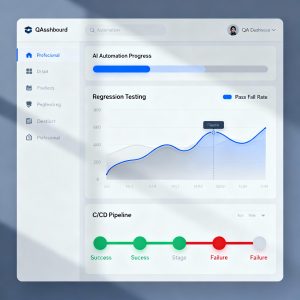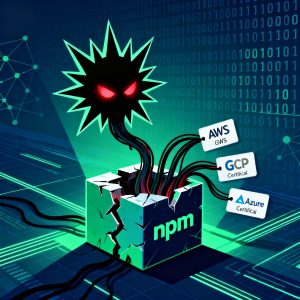Google has introduced LangExtract, a Gemini-powered open-source Python library designed to revolutionize information extraction from unstructured text data. VirtusLab recognized the value of collecting and chronicling lesser-known open-source projects, and LangExtract emerged as a prime candidate for deep analysis—a tool built for both reliability and transparency.
Community Value: Chronicling Open Source Gems
To maximize learning and community contribution, VirtusLab began documenting trending repositories. Rather than focusing on high-profile projects, their attention turned toward unique solutions like LangExtract, offering meaningful insights and the chance for practical collaboration.
The Purpose of LangExtract
LangExtract was crafted to address a persistent challenge with LLMs: the tendency for models to generate hallucinated or imprecise data. The solution provides “source grounding,” mapping every extracted entity directly back to the relevant segment of the source text. This transparency is essential for validating and auditing business-critical information—especially in regulated domains like healthcare and insurance.
From Unstructured to Structured: Real-World Insurance Use Case
A standout demonstration of LangExtract’s capabilities lies in automating the insurance underwriting process. Underwriters must sift through medical documentation, financial reports, and client applications—a traditionally labor-intensive and manual task. LangExtract applies modern LLM programming patterns to:
- Extract key risk factors, medications, and conditions from lengthy documents
- Ensure dosage, frequency, and status attributes are precisely captured
- Highlight lifestyle risk factors, such as smoking or drinking, with exact text spans
Providing clear task descriptions in plain English becomes the essence of business logic, guiding the AI to identify required entities and attributes for effective risk assessment.
Declarative Programming via Prompts
Rather than relying on complex rules or regex, developers specify extraction targets in natural language. LangExtract interprets these descriptions quickly—turning them into actionable instructions for the underlying Gemini model.
Few-Shot Learning and Configuration
By supplying targeted examples (the “few-shot” approach), users teach the library fine-grained patterns for extraction. For instance, distinguishing between “diabetes” and “type 2 diabetes under control” is established by showing LangExtract curated examples. These serve as both functional tests and operational templates for the LLM, refining its output for real-world applications like insurance and healthcare.
Reliability via Abstraction and Control
LangExtract’s façade pattern means most of the complexity—document parsing, model communication, multi-pass extraction, and aggregation—is handled behind a single function call. Notably, it can process multi-page reports in parallel, linking conditions and medications for more accurate extractions. The results are exported in consistent, schema-based outputs such as JSON files, ready for downstream analysis.
Visual Feedback Loop
Verification is streamlined through built-in visualization tools. Extracted data is highlighted interactively within the original document, empowering analysts and developers to conduct instant reviews. This feature is invaluable for regulated industries, where trust and accuracy are paramount.
Lessons and Insights for Developers
LangExtract exemplifies several principles vital to enterprise AI implementations:
- Solutions should always be formulated in terms that language models can intuitively process, avoiding classic imperative approaches
- High-quality results don’t require massive datasets—precise, contextual examples work wonders
- Features like source grounding and multi-pass extraction enable production-grade reliability
- An excellent developer experience hinges on simplicity, versatile model support (cloud or on-device), and interactive debugging tools
Summary: Mature Engineering Meets LLM Innovation
LangExtract by Google stands out as a mature engineering solution that harnesses the sophistication of Gemini-powered LLMs. The library democratizes access to advanced information extraction, making it not only simpler and faster, but also verifiable—suggesting future programming may rely as much on natural conversation with machines as on algorithmic complexity.
Read more such articles from our Newsletter here.



